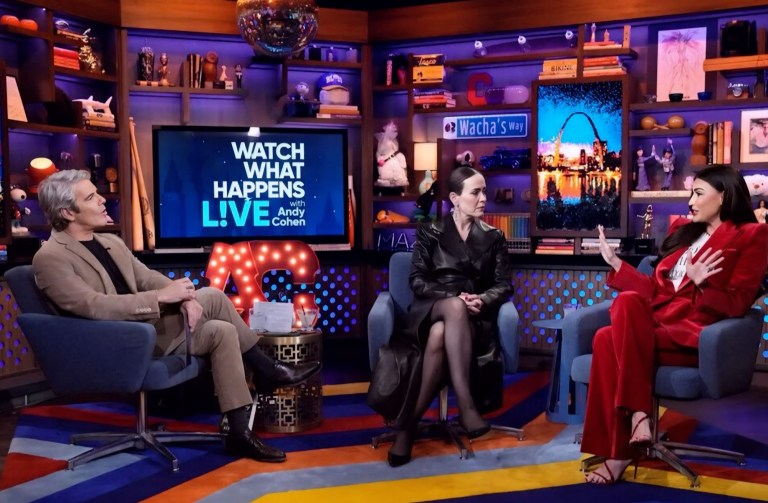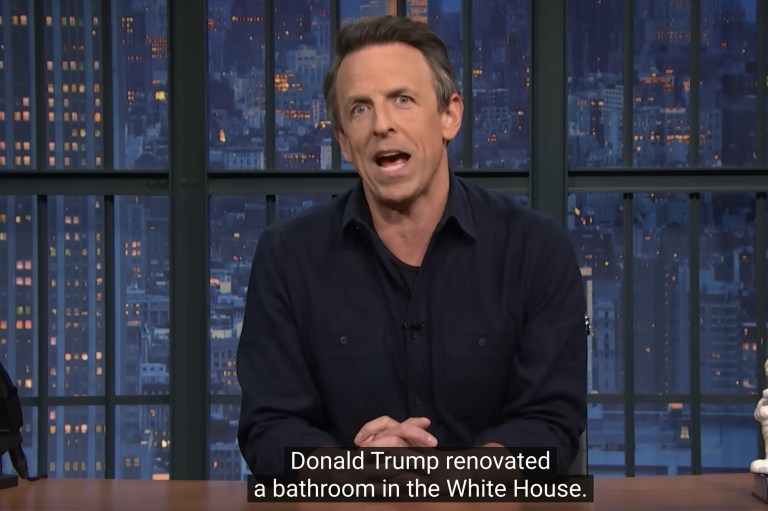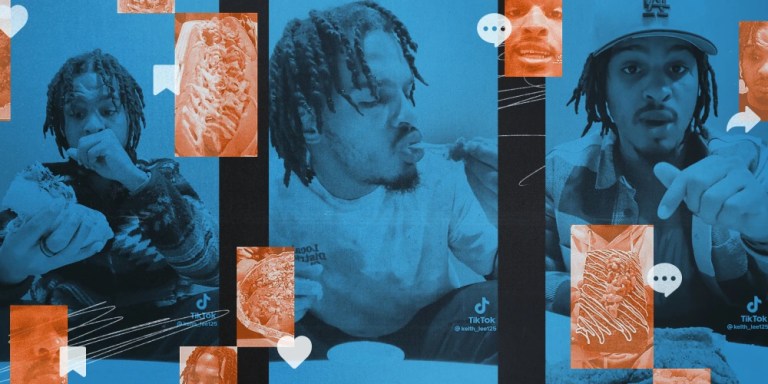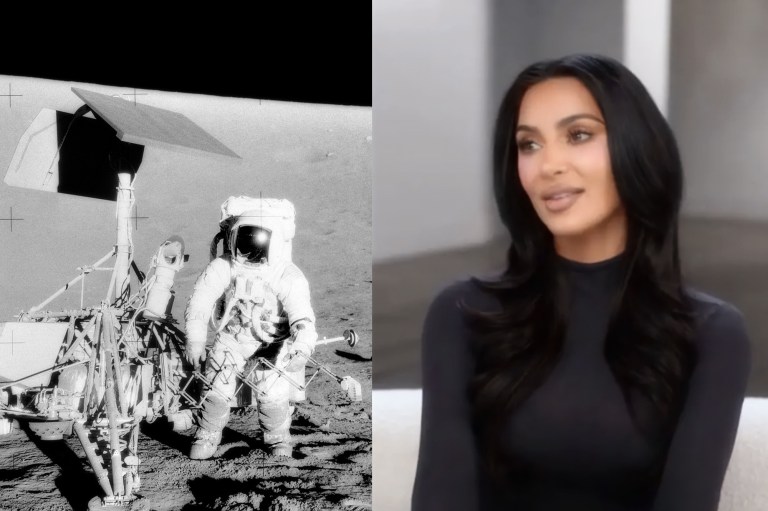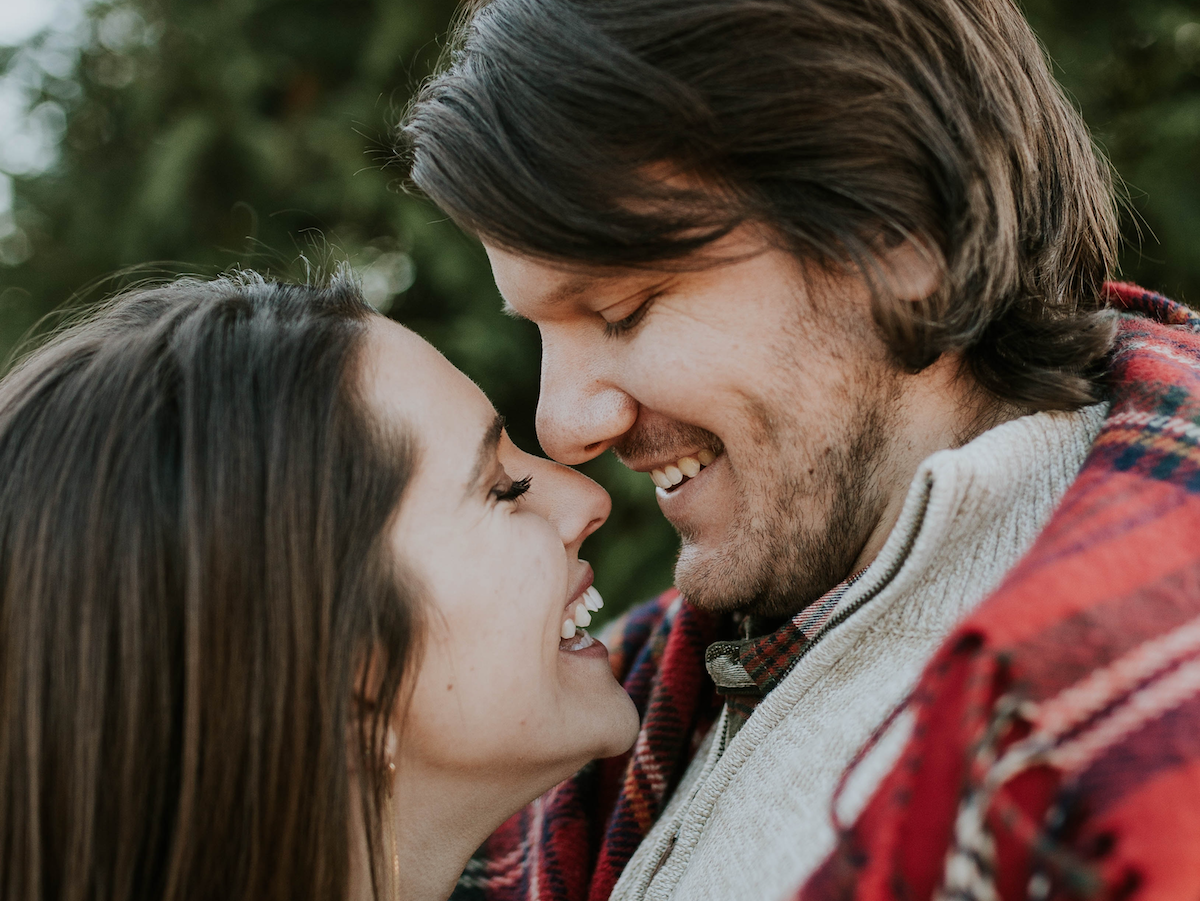
Why Do People ‘Relationship-Brag’ On Social Media?
We’ve all seen them. One of your Facebook friends posts a long, wordy caption or update about how much they love their spouse or partner...
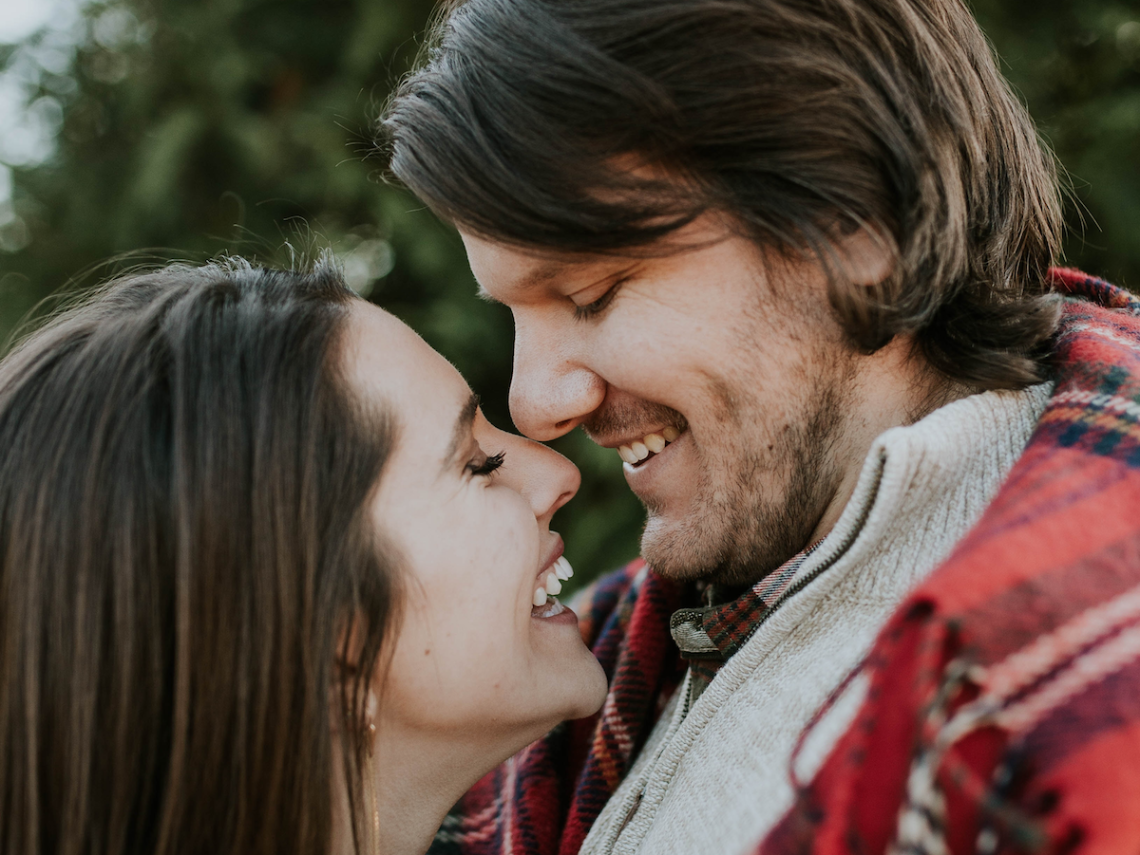
After a long day of work, talking to people, chores, and endless to-dos, you finally collapse into your soft, forgiving bed and reach for your phone. It’s time to relax and decompress.
You pull up Instagram—nothing like a mindless scroll through pretty pictures to take the edge off the day, right?—and the first thing you see is a brightened-up, colorful picture of an acquaintance and her partner, captioned:
My wonderful boyfriend dropped off these flowers for me today even though he’s been slammed at work this week. I am so #blessed to have this wonderful, sexy man by my side every day. Corey, you are my best friend in the whole world, and I’m so lucky to get to spend my life with you. I have so many dreams for us, and I can’t wait to see them all come true with my soulmate. Love you, babe xx
I’ve been noticing bragging—and noticing myself getting ticked off by it—since I was a little kid, and when social media came into my life around eighth grade (yup, I’m one of those fire-breathing millennials), I only started to notice it more. Of course, I noticed myself doing it, too—“Katie is SO HAPPY she got an A on the math test! Phew!!!!” or “Katie is going to see Wicked tonight!! Wooooot!” Nobody’s immune—and don’t they say that the things that bother us most about others are really things that we subconsciously dislike or worry about in ourselves?
However, it wasn’t until I entered my twenties that I really began to notice one specific form of social-media brag that really grinded my gears: the relationship brag.
We’ve all seen them. One of your Facebook friends or somebody you follow on Instagram—it could be a close friend or a lifestyle blogger you’ve never met—posts a long, wordy caption or update about how much they love their spouse or partner. These posts are often couched in words and/or hashtags of gratitude (things like “so lucky” or “#blessed”) and, more interestingly in my opinion, they’re often addressed directly to the significant other. That is, they’re written in the second person (i.e., “I can’t believe I found you; thanks for being my #mcm and making every day amazing. I’m so glad to be able to spend life with my best friend,” etc.).
This linguistic tendency is so, so interesting to me. I feel like it probably must arise from the same motivations that lead people to post messages or comments on their friends’ Facebook timelines for everyone to see rather than send a private message; these people are actively and knowingly making the choice to make their message of happiness, gratitude, or boastfulness—whatever you want to call it—about their private relationship highly public. I’ve even seen people post long, gushing messages addressed to their partners on Instagram…when their partner doesn’t even have an Instagram account!
Now, I feel like I need to add a quick disclaimer here: I am by no means trying to be critical of people who are proud to be in happy relationships or who want to show off their partner—and I promise I’m not salty. I’m in a very happy long-term relationship myself, and sometimes I, too, succumb to the pressure of humblebragging about my wonderful boyfriend on social media…which is why I’m so interested in why we all do it.
Psychological research on social media and the ways in which we interact with it is booming right now, and I couldn’t wait to dig into what academic scholars had to say about why we relationship-brag. I suspected that it had to have something to do with ego, which, in my armchair psychologist’s opinion, is probably a big part of what motivates us all to post on social media in the first place: Under the guise of providing family, friends, and acquaintances with ‘updates’ on our lives, what we’re really doing is shouting “I exist! I matter!”
To my great nerdy glee, a big chunk of the research that I found seemed to confirm my suspicions. Claude Steele’s self-affirmation theory, originally posited in the late 1980s, states that we all have a fundamental need to see ourselves as valuable, worthy, and good. What’s more, this need can have a very strong motivational effect on our behavior, causing us to seek affirmation from the world around us.
A 2013 study found that Facebook use (specifically, looking at and updating one’s own Facebook profile) is self-affirming because it fulfills our inherent need for self-worth and self-integrity. The same study also found that we are more likely to seek affirmation on Facebook after receiving a blow to the ego (like getting a bad grade on a paper or getting stood up by a date). In other words, the more insecure we’re feeling, the more likely we are to post about how great we are.
However, although posting on social media or looking at how many friends you have on Facebook might feel good in the moment, spending time on these networks can have a really negative overall effect on our lives if we do it too much. Psychologists have even coined a term—“Facebook depression”—for “the affective result of spending too much time on the social networking site.” Psychologist C. R. Blease has hypothesized that Facebook depression is a greater risk for those of us who have more online friends, who spend more time reading updates from said friends, who read these updates more frequently, and who often read updates “of a bragging nature.”
I can certainly identify with Dr. Blease’s hypotheses. After all, don’t those braggy relationship updates make us all feel kind of, well…shitty when we read them?
I decided to look next at specifically why people might brag about their relationships on social media…and this is where it got even more interesting: A 2014 study in the Personality and Social Psychology Bulletin found that people who tend to have a more anxious attachment style are more likely to report “high desired visibility” of their relationship. This means that they are more likely to post about their relationship on social media. The study’s abstract also states that “when people felt more insecure about their partner’s feelings, they tended to make their relationships visible.”
These findings blew me away. “You mean the couples who look happiest on Facebook might not actually be all that happy?!” I marveled. Yup. Of course, it’s not that simple, but it definitely will give me pause before I post my next gushing update.
Daunted by the prospect of quitting relationship-bragging altogether? Maybe try to limit yourself to special occasions, like your anniversary or your partner’s birthday…or, better yet, write the exact same message you’d normally post publicly and send it instead in a private note or message to your SO. I bet they’ll appreciate it even more. ![]()

